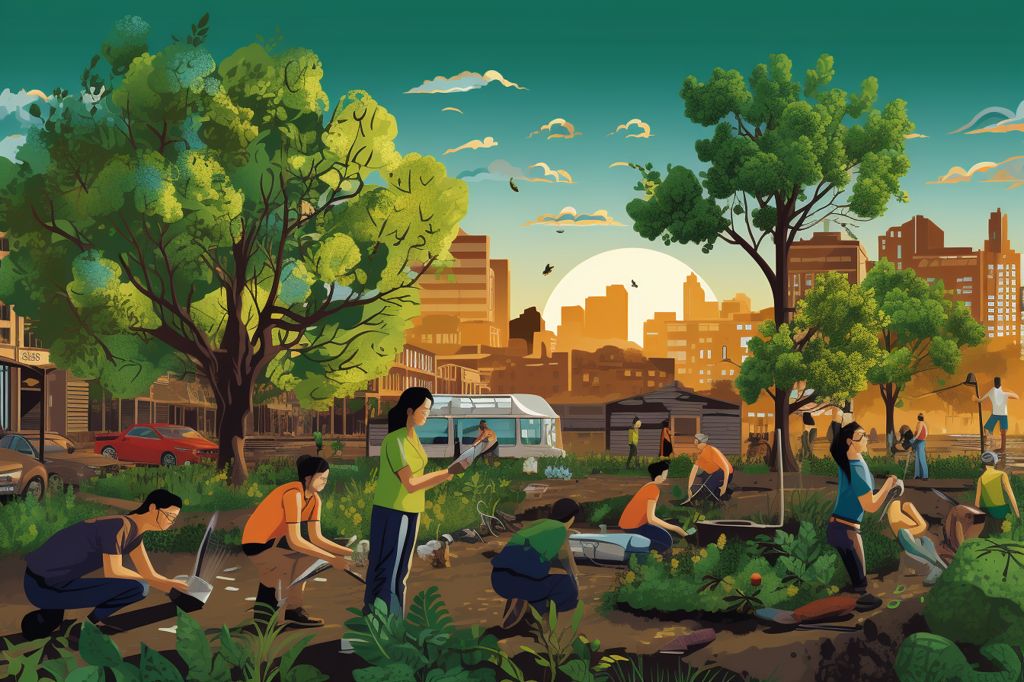The National Water and Sanitation Youth Indaba, held at the Durban International Conference Centre in KwaZulu-Natal from June 26th to June 30th, 2023, brought together young professionals, academics, and non-governmental organizations to discuss innovative solutions to address the challenges faced by the water and sanitation sector. The event was organized by the Department of Water and Sanitation, in collaboration with Umgeni and Mhlathuze Water.
Engaging in Meaningful Dialogues
On the first day of the conference, Minister Senzo Mchunu emphasized the importance of finding innovative solutions to the sector’s challenges. He urged the young professionals to engage in meaningful dialogues to contribute significantly to the water and sanitation sphere. The Indaba served as a catalyst for sparking interest and fostering collaboration between professionals and organizations.
Fostering Collaboration
Throughout the event, attendees had the opportunity to interact with representatives from various non-governmental organizations and academic institutions. The exchange of ideas and perspectives facilitated a deeper understanding of the complex issues at hand and fostered a sense of camaraderie among attendees. The Indaba highlighted the importance of public and private sector collaboration to ensure that adequate resources are allocated to address the sector’s challenges effectively.
Addressing Climate Change
One prominent theme that emerged during the Indaba was the crucial role of youth in addressing climate change. The young professionals were encouraged to take responsibility for implementing sustainable practices and developing innovative solutions to mitigate the effects of climate change on water resources.
Professional Development and Networking
In addition to fostering collaboration, the event provided a platform for professional development and networking. Participants gained valuable insights into the various career opportunities available in the water and sanitation sector and had the chance to build relationships with potential mentors and colleagues.
Closing Remarks
The National Water and Sanitation Youth Indaba culminated in a gala dinner, where Deputy Minister Judith Tshabalala delivered her closing remarks. As the event drew to a close, attendees left feeling inspired and motivated to take the lessons learned during the week and apply them to their work in the water and sanitation sector.
The National Water and Sanitation Youth Indaba served as an essential forum for empowering the next generation of professionals in the water and sanitation industry. By fostering collaboration, innovation, and professional development, this gathering laid the groundwork for a more sustainable future in the sector.








